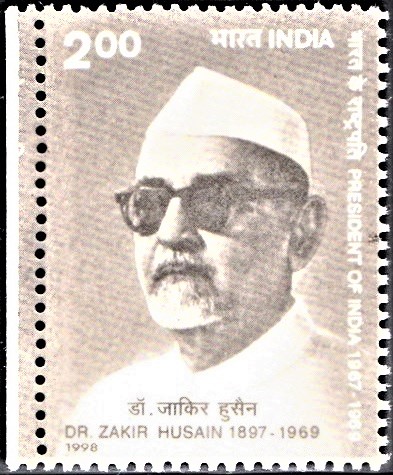
Dr. Zakir Husain 1998
A commemorative postage stamp on the Death Anniversary of Dr. Zakir Husain Khan, 3rd President of India (1967-69) :
 Issued by India
Issued by India
Issued on May 3, 1998
Issued for : The Department of Posts is privileged to issue this special commemorative stamp on the occasion of his death anniversary.
Credits :
Stamp & FDC : Based on Photograph supplied by President’s Secretariat.
Cancellation : Smt. Alka Sharma
Type : Stamp, Mint Condition
Colour : Single Colour
Denomination : 200 Paise
Overall size : 3.91 x 2.90 cms.
Printing size : 3.55 x 2.54 cms.
Perforation : 13 x 13
Paper : Imported un w/m Adhesive Gravure Coated Stamp Paper in reels 47 cms. width
Stamps Printed : 0.4 Million
Number per issue sheet : 35
Printing Process : Photogravure
Printer : India Security Press, Nashik
Name : Zakir Husain
Born on Feb 8, 1897 at Hyderabad, Hyderabad State, British India [now in Telangana, India]
Died on May 3, 1969 at New Delhi, India
About :
- Born at Hyderabad on 8th February 1897, Dr. Zakir Husain, came of a Pathan family, settled at Qaimganj in the district of Farukhabad, Uttar Pradesh. He was an M.A. Student at M.A.O. College at Aligarh when Gandhiji visited the institution as a part of the Non-Cooperation Movement campaign. Zakir Husain then 23 was one of the students who responded to Gandhiji‘s call to develop centres of national education. In his own words, “I began my public career at the feet of Gandhiji and he has been my guide and inspirer“. He went on to found an institution which came to be known as Jamia Millia Islamia. In 1926 at the age of 29, Zakir Husain was made Jamia’s Vice-Chancellor and during the next 22 years he built up this institution into a distinguished centre of learning with a successful experiment of work centred rather than book centred education.
- In 1937, when India attained a measure of provincial autonomy and Gandhiji urged the new popular governments to adopt his scheme of work-centred ‘basic education’, he invited Zakir Husain to preside over the National Committee on Basic Education which was to spell out the new scheme in concrete educational terms. The balanced interpretation of basic education offered by Zakir Husain helped to mitigate the one track literalism of some of its advocates, as well as to soften the opposition of the traditionalists in educational methods.
- After partition, he was requested by Maulana Abul Kalam Azad to take up Vice-Chancellorship of Aligarh Muslim University, the position he continued to hold for eight years till 1956 serving on the University’s Education Commission and subsequently the Press Commission. He was drafted into political life in 1952 at the age of 55 when he was nominated for Rajya Sabha in the quota reserved for those who have distinguished themselves in art, science and social service.
- Election to the office of the Vice-President of India came in 1962. He was chosen from among many distinguished public men as the most suitable successor to Dr. S. Radhakrishnan, who had served as Vice-President and was elected President that year.
- On 9th May 1967, he was elected as the Head of the State and was formally sworn in as the third President of the Indian Republic four days later. He held the highest office of the country with exemplary grace and dignity till his sudden death on 3rd May 1969.
- Dr. Zakir Husain was awarded Padma Vibhushan in 1954. In 1963 he was awarded the highest honours of the land, the ‘Bharat Ratna‘ for his great service to the nation.
- Throughout life he displayed a keen interest in literary and academic work. As early as 1920 he translated Plato‘s ‘Republic‘ and Cannon‘s ‘Elementary Political Economy‘ into Urdu soon after joining Jamia Millia. He also translated Friedrich List‘s ‘Nationaloekonomie‘. His Convocation Addresses have been collected and published under the title ‘The Dynamic University‘. He loved to write for children and his stories are masterpieces of style.
- Text : Based on material received from the President’s Secretariat.



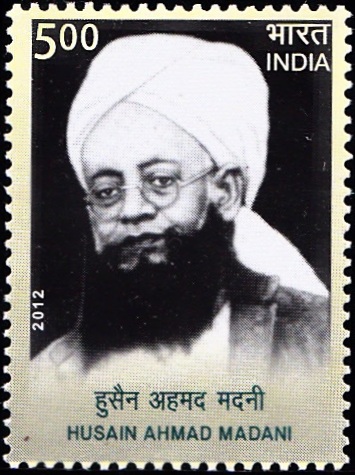

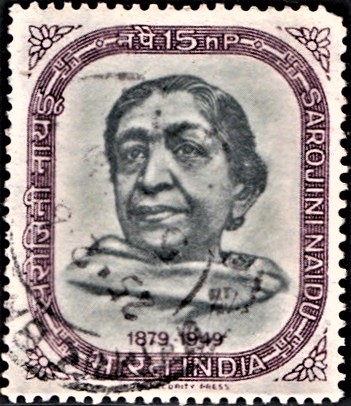
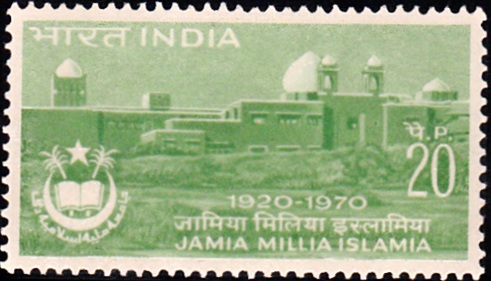
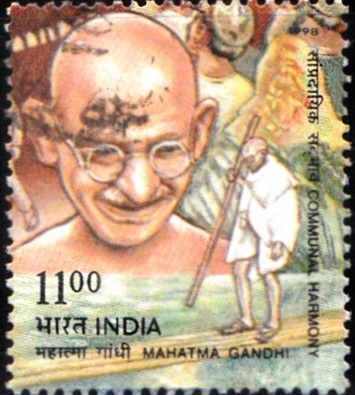
[…] Maulana Muhammad Ali, Hakim Ajmal Khan, Dr. Mukhtar Ahmad Ansari, Maulana Abul Kalam Azad and Dr. Zakir Husain were among its […]